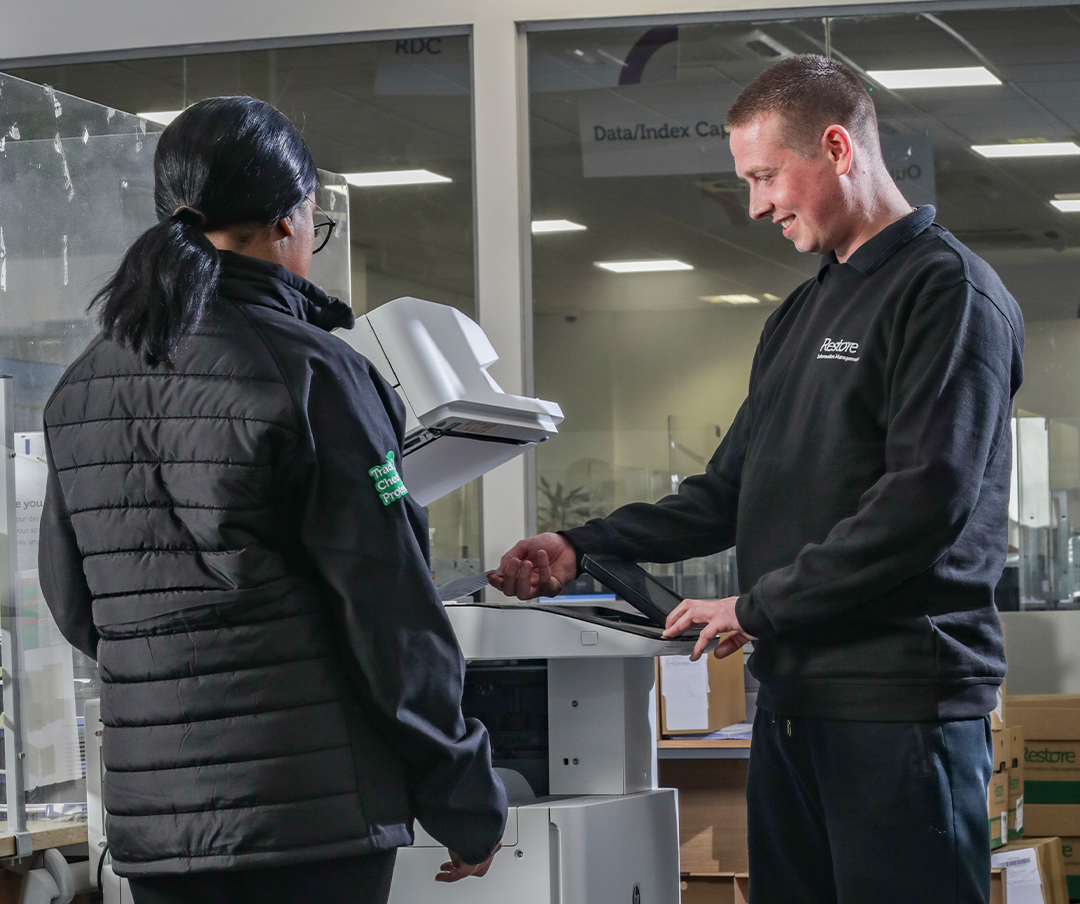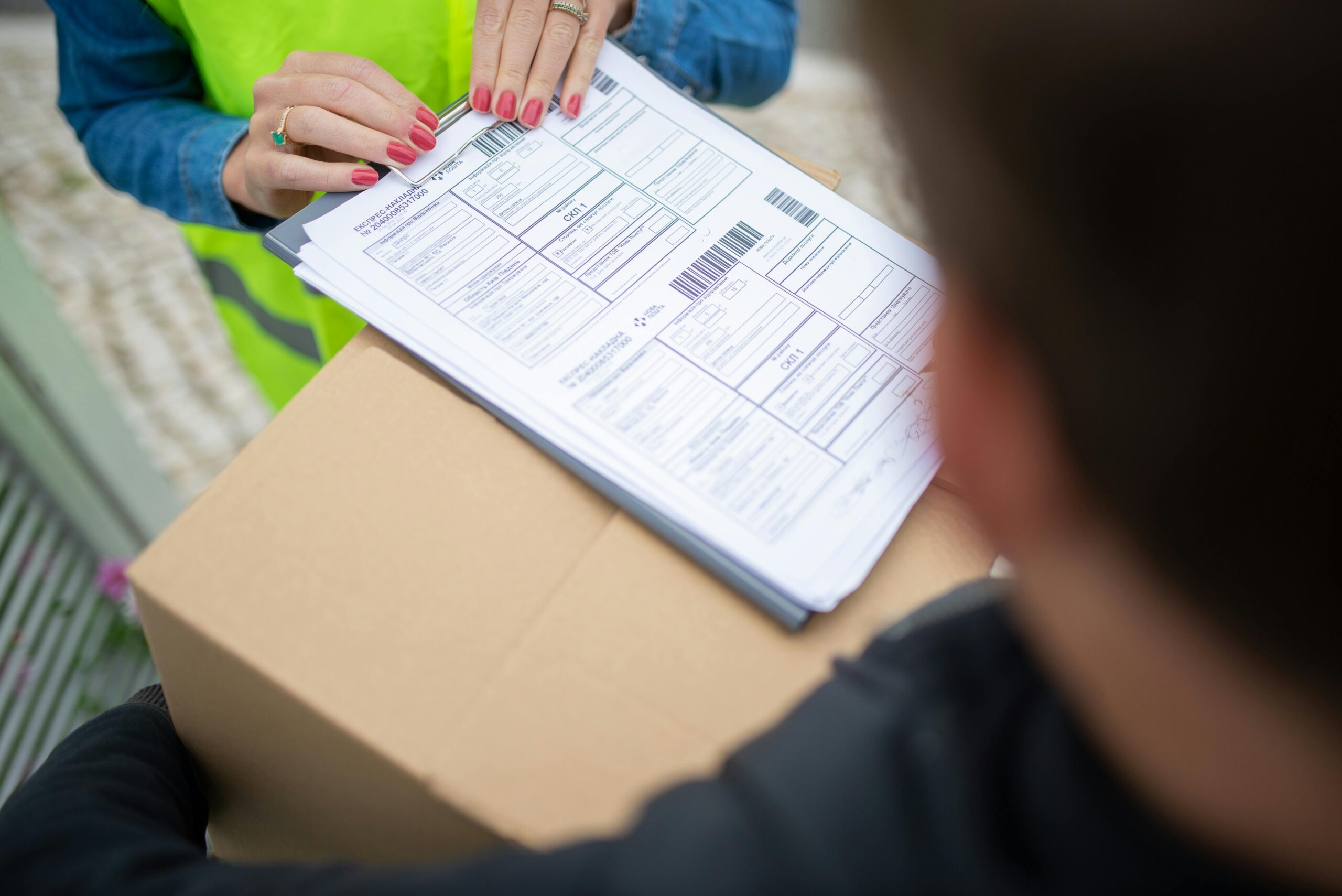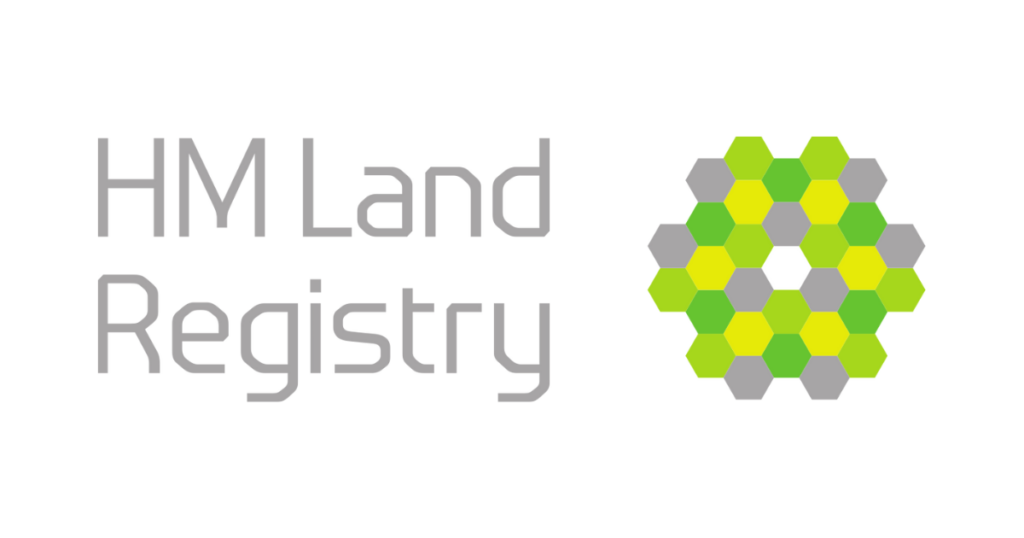
At Restore Information Management, we have over 30 years of experience in the secure safekeeping of documents, ranging from patient records in healthcare and social care to employee and HR records, property deeds, insurance claims, and legal documents.
Whatever sector your business operates in, the need to keep sensitive documents safe and to protect against risk from data breach or other criminal activity is high.
That’s why managing confidential records securely is so important.
Jez Tibbetts,
Service Delivery Director

How to classify confidential documents before you store them safely
Before deciding on where and how to store confidential documents, classifying them should be a priority. Knowing what you possess and how sensitive it might be enables you to make decisions on the amount of protection required. Compared to internal notes or general correspondence, files that include personally identifiable information (PII) or files that are subject to regulatory requirements like GDPR need to be handled with more care and have stricter access controls.
How to keep paper documents safe on-site
The first thing to consider is whether storing records off-site would be safer and more secure. The reality is that outsourcing to a specialist, such as an information management partner, is almost always safer and more compliant.

Think of all the documents you currently have kept in your office, factory or warehouse. Do you know where every document is stored and who can view it? What happens is that in-house documents have a tendency to be everywhere – on desktops, in filing cabinets, in drawers, or even on the photocopier or printer. That’s a big security issue and means your valuable data is not being looked after as it should. It might seem convenient to have them all ‘close at hand,’ but in reality, you’re creating increased data risk and losing track of it in the process. Restore Information Management’s off-site storage service removes that risk and gives you full control over what’s stored where.
Find out more about off-site storage
Why off-site document storage is best
If you currently store your records off-site, the good news is that you have already taken a step to increase awareness and ensure the safe storage of your documents. The next question to ask is whether your information management partner is doing everything possible to keep them safe and secure (and whether you are utilising every possible service to increase the security of your documents and data).
Explore our document storage services and discover our end-to-end storage process, our facilities and much more. We don’t just store your documents; we interpret them. Whether it’s figuring out what’s in each box or setting retention dates for compliance, we work with you to be in charge of your documents.
Explore document storageDigital document security: How to keep your important files safe
Digitised records require the same care as physical ones. Secure digital documents are contingent on possessing the right systems and practising strong data governance. Use a secure cloud infrastructure that has native support for encryption and multi-factor authentication. Lock down access by user role and maintain your system activity under watchful eyes at all times for potential anomalies.

Control who has access
Access control is crucial. Whether it’s a paper record or a digital file, you need to know who can see it, who moved it, and who edited or destroyed it.
Set clear policies for access, monitor activity, and limit exposure to only those who need the information. Use audit trails and digital access logs to track every interaction with your data.

Document storage options for keeping important records safe
There are several secure storage options available to help keep your documents protected, and most businesses benefit from using more than one.
Off-site document storage is ideal for compliance records that must be retained but aren’t needed every day.
Ultra-secure vault storage is best suited to sensitive documents like financial records, legal files or medical data. And for files that require regular access, digital document management systems offer fast, secure retrieval with the added benefit of version control and audit trails. Restore Information Management offers high-security vault storage for your most sensitive files.
Read more about ultra-secure vault storage

Tips for secure storage of documents: Boxes, packing & placement
Best practices include:
- Security tags on every box.
- Barcode on every box so that it can be easily tracked.
- Barcodes on files and documents inside the box so that you always know where your data is.
- Files should be stored in highly secure premises and protected from water damage and fire.
You should also consider your responsibilities. For instance, files should be stored in robust boxes which are not overfilled.
Boxes that are falling apart or too full create a security risk because it’s easy for documents to fall out or get lost when they are moved. This is one of the best practices for secure document storage and should never be overlooked.

Training your staff
Even the best systems can be undone by poor staff awareness. According to the 2023 Verizon Data Breach Investigations Report (DBIR), 74% of data breaches involve some sort of human element. Regular training should cover identifying and handling confidential information, recognising phishing or social engineering attempts, and following access protocols and chains of custody.
If your people understand how to keep confidential documents safe, your risk level drops significantly.

Retention schedules and how to safely dispose of confidential documents
Records like tax documents, employment contracts, health records or financial statements MUST be kept for a legally specified period. Others, including personal data, should NOT be kept longer than is necessary and should be disposed of by a specified date. The key here is to think of your files and documents as precious data that is valuable to the business. Not as a box of documents to be hidden away and forgotten about.
Make use of a document management partner to offer a retention schedule particular to your industry sector, industry legislation, and data risk levels. This then makes certain that you’re not holding confidential documents for longer than their retention period, thereby placing your organisation in additional liability under such enactments as GDPR or the Data Protection Act.
Your retention policy must clearly state how long each category of document should be held, when it is to be examined, and how disposal must be carried out.

How to keep important documents safe long-term
For critical business records, long-term security planning is not optional. Start by identifying those documents that are ‘essential’, i.e. those supporting significant business functions, legal titles, or client obligations. These may be contracts, board minutes, shareholder data, or IP records.
To limit the risk of loss or damage, keep at least one duplicate copy in a geographically separate site, ideally in an off-site facility with climate control and disaster recovery protocols. Create high-fidelity digital copies using secure formats like PDF/A or TIFF, and store them on encrypted servers or in certified cloud environments with redundancy.
The building itself needs robust physical security features like fire protection, flood protection, and back-up power sources. Planning routine risk analysis, access audits, and contingency plans ensures your most treasured documents are always protected, no matter what.
How to share and transport confidential documents securely
It’s also important to think about how you protect documents which remain on site. Including the ones you retrieve from storage.
It’s all very well knowing your documents are completely safe whilst with Restore Information Management, but if they are left on desks or fall into the wrong hands when they are at your premises, that’s a potential breach.

Use secure courier services that provide full chain-of-custody tracking and proof of delivery. When sending digital files, encrypt them and avoid using unsecured platforms like personal email. This is essential if you’re wondering where confidential documents should be held when being transferred between locations.
The reality is that data is often most at risk when it’s in your possession. So, only retrieve the individual files you need, rather than calling for the entire box, and talk to us about how to keep your documents safe. We can help.
Advanced tools to help keep your documents secure
For organisations with more complex needs, consider tools like document management systems with user-level access control, version control and change tracking, digital signatures, and activity monitoring alerts. These aren’t just for enterprise-level clients. We offer flexible solutions to suit any business.
Your secure document storage checklist: How to keep documents safe
- Classify documents by type and sensitivity
- Store paper records in secure boxes off-site
- Use barcodes for tracking
- Digitise high-use files and store securely online
- Control and log all access – Train staff on data security
- Set and follow retention policies
- Safely destroy expired records
- Back up everything important
This checklist is a helpful summary for those looking to keep their important documents safe.

Need help keeping your documents safe?
Restore Information Management can help you do exactly that, and provide an internet portal so that you can easily search for and locate the documents you need. That’s vital for Subject Access Requests, when individuals ask to see, edit or delete their data.
When you store your documents with us, we see it as a partnership, designed to protect and keep your documents safe in every way. For instance, keeping our secure sites safe from water damage, fire and theft.
Get a quoteOur Cyber Essentials and relevant ISO certifications, including:
- ISO9001 – Quality Management
- ISO14001 – Environmental Management Systems
- ISO27001 – Information Security Management
- ISO22301 – Business Continuity Management Systems
- BS100081 – Evidential weight and legal admissibility of electronically stored information
We can help catalogue your data and ensure all documents are easy to retrieve. We can also help arrange secure destruction for documents you no longer need to keep.
For more information about our accreditations and certifications, visit here. These are all about ensuring best practices so that we get it right for you and remove risk from the process. Having the certifications means we have been independently assessed and have good, solid processes in place.



